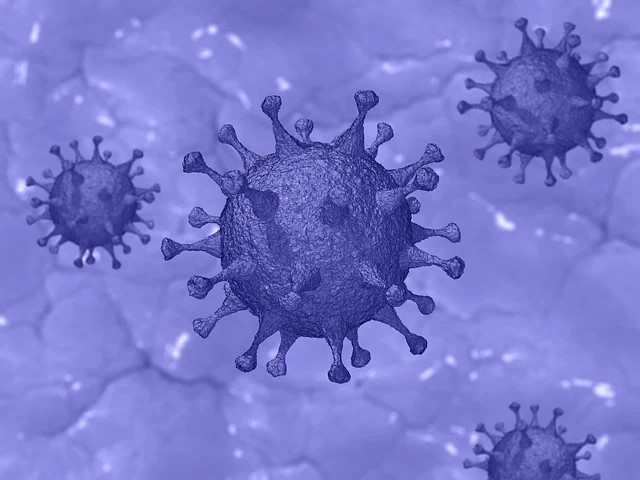Highlights • Post-COVID-19 complications persist in about 1/3 of patients. • Cognitive impairment and neuropsychiatric disorders are the most common complications. • Few have evaluated therapies for neuropsychiatric disorders caused by post-COVID-19 infection. • Short-term treatment with famotidine improved cognitive functioning in post-COVID-19 infection. |
Goals
This is an investigation of the efficacy and safety of famotidine, a selective histamine H2 receptor antagonist, in improving cognitive impairment, depression and anxiety symptoms developing after COVID-19, in a randomized controlled trial. 12 weeks.
Methods
A total of 50 patients with a confirmed diagnosis of COVID-19 and a score ≤ 23 on the Mini-Mental State Examination (MMSE) test or a score ≤ 22 on the Montreal Cognitive Assessment (MoCA) were randomly assigned to famotidine ( 40 mg twice a day) or the placebo group.
Changes in MMSE scores at weeks 6 and 12 were the primary outcome, while changes in other scales were secondary outcomes. Participants and evaluators were blinded.
Results
At weeks 6 and 12, patients in the famotidine group had significantly higher MMSE scores (p = 0.014, p < 0.001, respectively). Regarding the MoCA scale, the famotidine group had a significantly higher score at weeks 6 and 12 (p = 0.001, p < 0.001, respectively).
Considering the HAM-D scale (Hamilton Depression Rating Scale), at weeks 6 and 12, the famotidine group experienced a greater reduction (p = 0.009, p = 0.02, respectively). Furthermore, comparison of HAM-A (Hamilton Anxiety Rating Scale) scores at weeks 6 and 12 showed a statistically significant greater reduction in the famotidine group (p = 0.04, p = 0 .02, respectively). The two groups did not differ in the frequency of adverse effects.
Conclusions
- To conclude, famotidine, a selective H2 receptor antagonist, has shown promising results in improving cognitive impairment, depression and anxiety symptoms in post-COVID-19 infection conditions, along with its widespread use to alleviate the gastrointestinal reflux.
- In our 12-week double-blind, placebo-controlled clinical trial, we evaluated the potential therapeutic value of famotidine therapy in the treatment of cognitive and behavioral dysfunction induced in post-COVID-19 infection.
- The current RCT reported improvements in cognitive impairment, depression, and anxiety symptoms caused by post-COVID-19 infection. Ideally, additional RCTs are needed to evaluate famotidine therapy in the treatment of psychiatric symptoms caused by long-term COVID-19.
- Our study supports the safety and efficacy of famotidine in the treatment of COVID-19-induced symptoms of cognitive impairment, depression, and anxiety.
Registration: This trial was registered in the Iranian registry of clinical trials (IRCT: www.irct.ir; registration number: IRCT20090117001556N138).
















